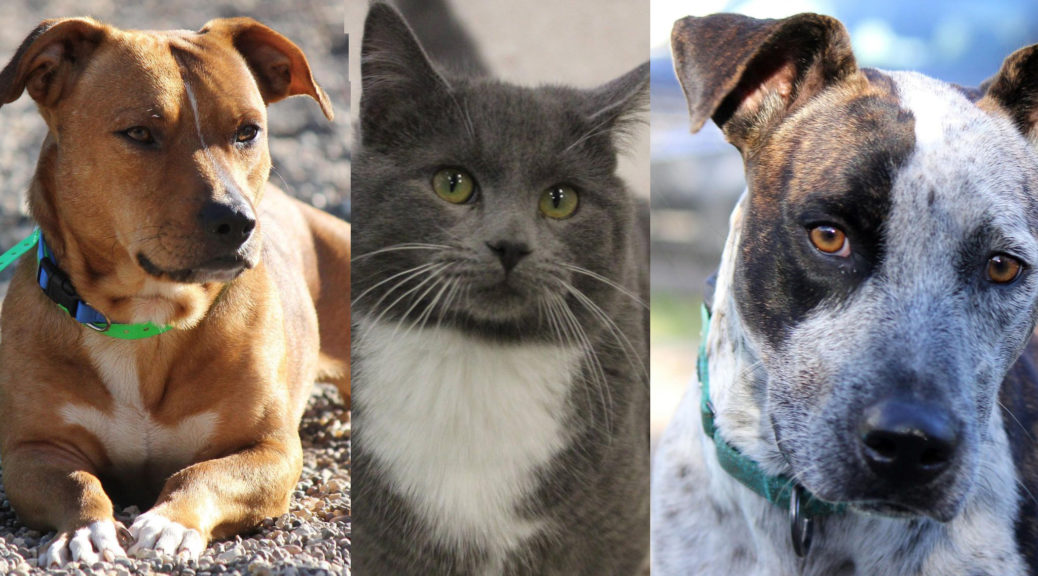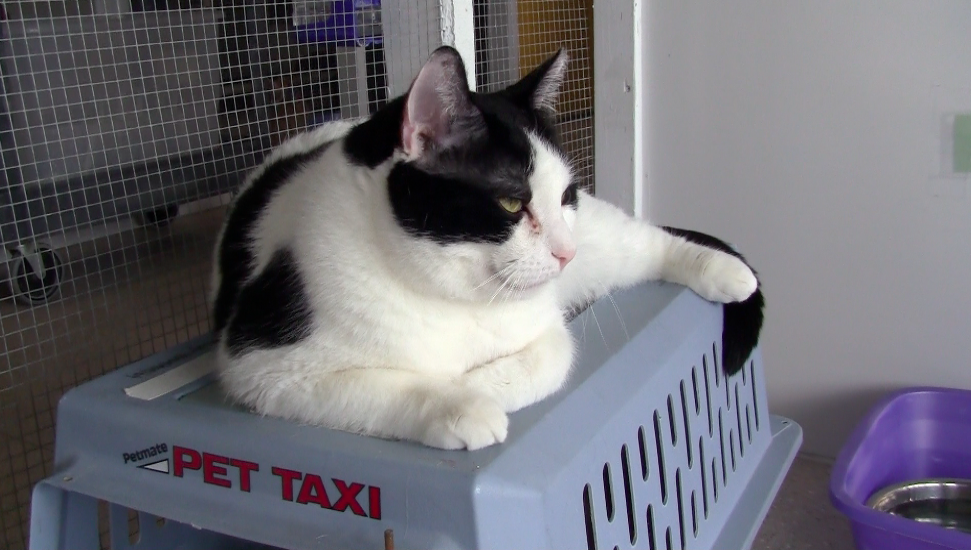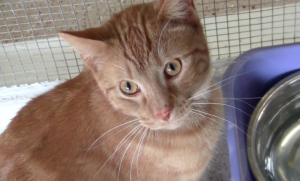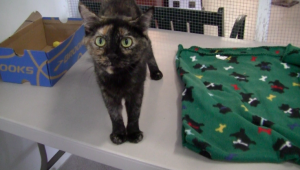With a return to work looming for many new pet owners, the Winona Area Humane Society is doing everything they can to ensure newly adopted pets get to stay in their forever homes including support for pet owners such as free kennels, food, treats and other pet supplies.
When the COVID-19 pandemic began to shut down many facets of people’s everyday lives, people searched for something to fill their free time. For some it was day trading, for others it was trying to bake the best loaf of sourdough, and for others it was adopting a pet.
Humane Society Facilities Manager Susie Marshall said, “We had up to twelve dogs at once when we typically have five.”
“They all come in from Arkansas or Texas since Winona doesn’t have a stray problem.”
Marshall said in her ten years of experience it was extremely rare to house more than five dogs. The WAHS typically houses 50 cats at any given time, and saw that number drop as low as 19 during the peak of their pandemic adoption boom in summer of 2020.
“We previously were going to the Walmart distribution center in Tomah every quarter to six months to stock up on food for our animals, now we go every two months.” Marshall added.
The WAHS is offering free food, treats, leashes, cat litter and litter boxes to any owner who needs it and will give enough to stock for the entire winter, assuming they have the stock on hand. They offer contact-free pickup and will load a cart of whatever amenities are needed and will try to keep the same brand across all items, just call in advance and leave a voicemail.
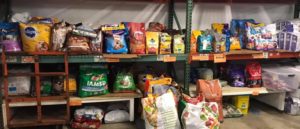
Marshall predicts an influx of returned pets when normalcy returns. “I see people return dogs even when they are home,” Marshall said. “People aren’t as disciplined as they need to be kennel training, because ‘he looks so sad’ but then they come home to destroyed furniture.”
Some ways for owners to help the transitions for their pet is to not get to work super early, and conversely, coming straight home after, and if possible, during lunch.
Marshall said she swears by the phrase, “a tired dog is a good dog, a rested dog misbehaves” and walks her own dog for three miles every day regardless of the weather.
Winona State alumna Pam Leber, who now resides in Palatine, Illinois, with her husband, Mark, and daughter, Michala, adopted a dog during the pandemic after many phone calls, e-mails and google searches.
Michala, who recently graduated from DePaul University, was adamant having a dog would help with her anxiety, especially during quarantine.
“Michala had been asking since third grade, she did a presentation for us, but my husband didn’t want a dog because he’s allergic, so the dog needed to be hypoallergenic and it’s a lot of work and responsibility.” Pam Leber said. “But he really began to see being home during the pandemic how it affected her, and he started to get soft.”
It didn’t take much more convincing before the family drove to an Amish farm near LaPorte, Indiana, to look at a litter of five puppies, and after a short getting-to-know-you period with the dogs, one that had lurked in the back worked his way to Michala’s side, emblazoned with the name tag “Rebel.”
“Our last name spelled backwards; we took that as a sign” Pam Leber said.

With Michala still searching for post-graduation employment, the costs of supplies for newly renamed Bentley are split between her and her parents, who were fortunate enough to receive a hand-me-down cage and bed from a family friend.
A run to the pet store can sometimes cost more than $100. Pam Leber said she recognizes how hard the situation can become.
“We got a dog when I was 13 and we had to give it back because we were too scared at the time, now looking back, that would be heartbreaking,” Pam Leber said. “You’ve given this dog a warm place and a loving home, do you want to give that up? Do you have a friend or family member it can stay with?”
Susie Marshall is a former dog trainer and willing to answer all questions as well as share training tips via her email wa****@**ci.com. The Winona Area Humane Society can be reached via voicemail at 507-452-3135.
